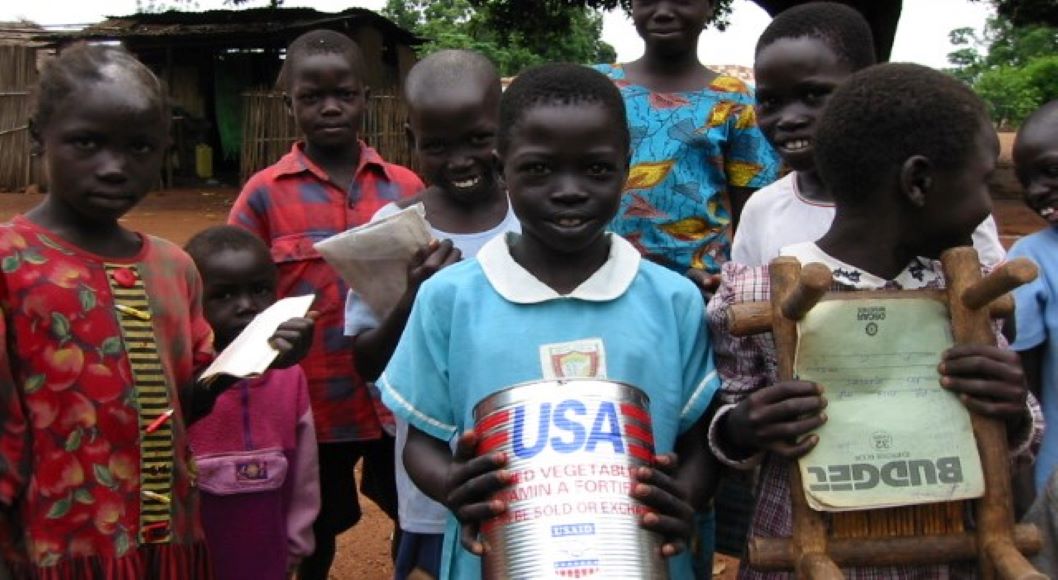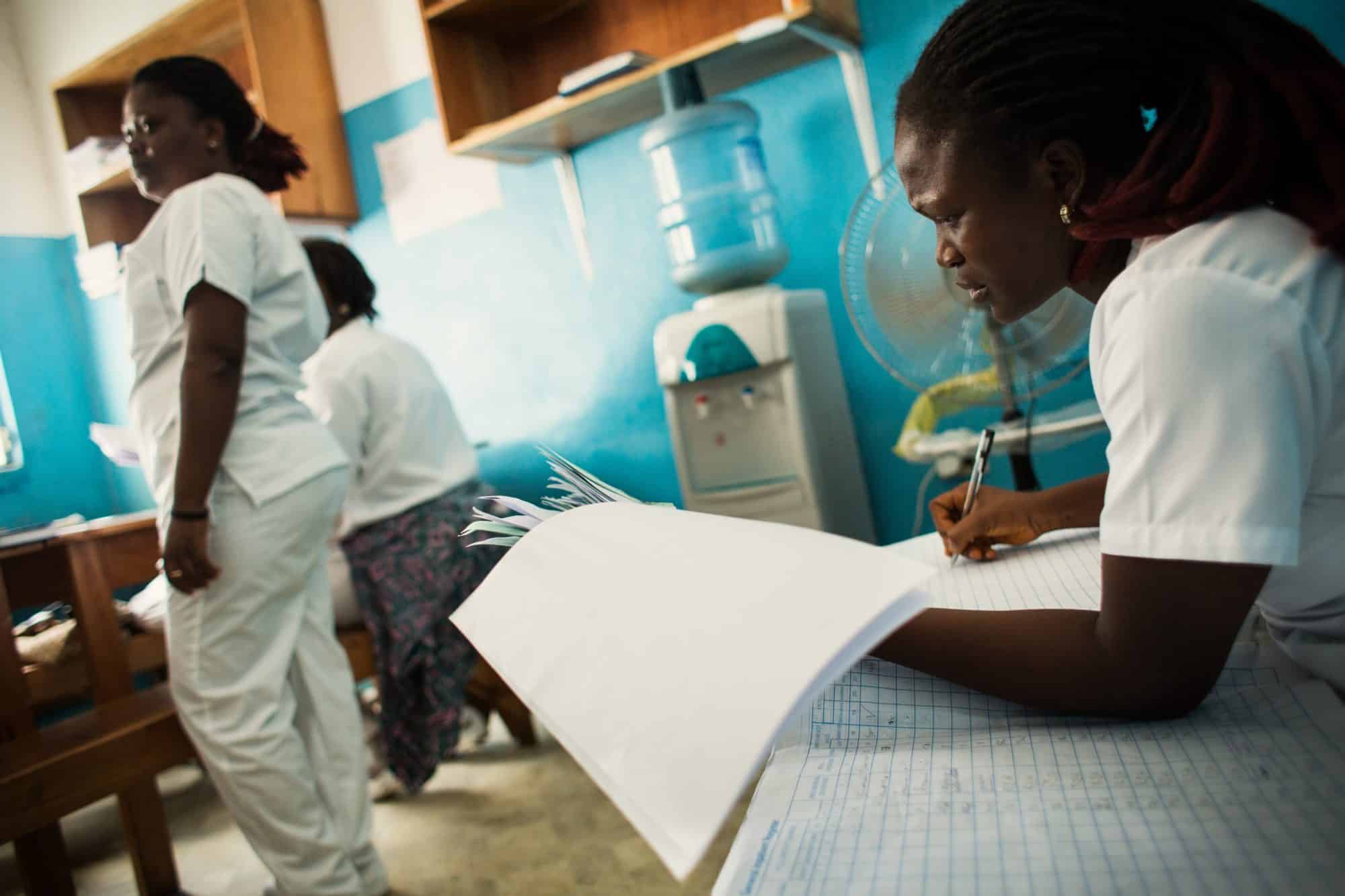Under the USAID | DELIVER PROJECT, JSI provided global leadership in strengthening and integrating public health supply chains, as well as managing an efficient central procurement and delivery operation to ensure an adequate supply of essential health commodities for the clients who need them.
JSI worked hand-in-hand with local governments and partners to develop cost-effective scalable supply chains that strengthened and sustained the health system and improved health outcomes. We focused on system strengthening, commodity security, and global and regional advocacy, with a special emphasis on sustainability through capacity building and institutional development, research and innovation, and cooperation with local partners.
Background
“Much of the [world’s] burden of disease can be prevented or cured with known, affordable technologies. The problem is getting drugs, vaccines, information and other forms of prevention, care or treatment—on time, reliably, in sufficient quantity and at reasonable cost—to those who need them.” —World Health Organization (WHO)
People must have access to medicines, and other essential health commodities when they need them, no matter where they live, and at affordable prices. Strong supply chains ensure such access. Yet throughout low and middle-income countries, people lack access to life saving medicines and supplies, negatively affecting health outcomes. Bottlenecks to access span from global to last mile and included procurement, funding, last mile distribution issues, supply chain leadership and capacity among others.
USAID | DELIVER PROJECT
Throughout the project, JSI contributions spanned the globe and touched all areas of health supply chain management. We supported malaria, family planning, maternal and child health, and emerging pandemic threat programs globally by procuring and delivering U.S. $2.19 billion worth of commodities to 114 countries and providing technical assistance in 65 countries.
By strengthening the systems that get medicines and health products into the hands of providers and patients, we contributed to better health outcomes for millions of people in low- and middle-income countries. The health impacts of our efforts have been significant.
Through our family planning support, an estimated 2.4 million infant and maternal deaths have been averted as a result of the contraceptives shipped by the project being used by women and men who needed them.
In Africa, during the DELIVER projects, malaria mortality rates fell by 66 percent among all age groups, and by 71 percent among children under five thanks to the scale-up of effective prevention and treatment programs, to which the project contributes. Among other malaria products, we procured 188 million long-lasting insecticide-treated bednets and 505 million treatments for malaria.
Our technical assistance efforts strengthened national institutions through the creation of logistics management units and national capacity through sustainable pre-service training programs. We have helped countries develop and implement innovative solutions to long-standing supply chain challenges through adaptation of vendor-managed inventory systems, implementation of electronic logistics management information systems, contracting out for supply chain services, and development of total market approaches.
The USAID | DELIVER PROJECT was funded by the U.S. Agency for International Development. Partners included Asociación Benéfica PRISMA; Cargo Management Logistics; Crown Agents USA, Inc.; Eastern and Southern African Management Institute; FHI 360; Futures Institute for Development, LLC; LLamasoft, Inc; The Manoff Group, Inc.; OPS MEND, LLC; PATH; Imperial Health Sciences; and VillageReach.



